There is no graceful way to make it through age thirteen. I rode out my rocky eighth-grade year covered in acne, smelling of Bath & Body Works, with dyed hair parted straight down the middle and straightened like pop-punk Avril Lavigne. When we weren't allowed out of our homes to hang out at a rundown strip mall, I spent my weekends (literally) in the closet of my suburban bedroom, talking to my only friend for hours on the phone. It was on one of these marathon phone calls that I found out about our junior high’s burn book which had appeared on an anonymous Xanga blog late Friday night, and had, by Sunday, been shared on the Xanga pages of nearly everyone in our class. With limited and very monitored computer access, I’d missed the frenzied spread.
My friend read me the first few entries, which, in retrospect, seem relatively tame compared to an average day on Twitter: "'Christie is a goody two-shoes snitch who only cares about soccer and should die. Lexi is a slut who kissed Kyle behind Jennifer’s back. Alex hates his girlfriend Jordan but he told Cody she puts out.'" Then, laughing, my friend said, "Oh, you’re in it."
"What an honor," I said. And strangely, it did feel like an honor. Every name mentioned so far had been someone who had far more mysterious thirteen-year-old social currency than I did. I was almost pleased to be included.
"Do you want to know what it says?"
"Yeah, am I slutty?"
"No," she said, "apparently, you’re 'a fag with rainbow colored hair.'"
There are a lot of fun metaphors I could use to describe how I felt in that moment. Like I’d swallowed a gallon of Play-Doh. Like I’d chugged five energy drinks, eaten two-and-a-half-star take-out, and then run a marathon. Like a squirrel was giving birth in my chest.
"Hello?" she said.
"What?"
"That’s all it says. 'Cassie is a fag with rainbow colored hair.'"
"Huh," I said.
"Yeah," she said, "It’s so dumb. It’s not even like you dye your hair rainbow colors. It’s just like, you switch between brown, and red, and blonde, but that’s not even rainbow."
"Yeah," I said.
"I mean, fuck, if they wanted to insult someone with rainbow hair, I’m right here."
"You’re not on the list?"
"No." She sounded disappointed.
"You want me to read the rest?"
"Sure," I said. I listened to the rest of the list, which mentioned about thirty classmates in total. There were plenty of other sluts, whores, bitches, and skanks in our eighth-grade class, but I was the only "fag."
We laughed about it after she finished reading. "I guess someone didn’t understand that Mean Girls was satire," she said.
I agreed, then looked up the meaning of satire after we hung up, and thought, "It was?"
That night I begged my mom to drive me to CVS to buy a neutral brown hair dye to replace my Manic Panic red, and in the fume-filled bathroom while I waited, I had the same thought a thousand different ways: "How did they know?"
"I like your hair," Lexi told me the next day at school as she passed me in the hallway on the way to her homeroom. We hadn’t spoken since soccer practices in the third grade, so I mumbled a thank you, paranoid she was setting me up to mock me later.
Christie leaned over in math class. "Your hair is pretty," she said. Christie’s mother always looked at me like I was a second away from carving a pentagram into a church pew, and in seventh grade, Christie had followed suit—but right now she looked genuine.
"You’re amazing at soccer," I whispered.
Over the course of the day, all the girls who entered their Hollister phase at the same time I’d started shopping at Hot Topic, all the girls I’d grown apart from when puberty hit, complimented my hair. I complimented them in return. No one mentioned the first part of my burn book entry, though I was ready with a dozen ways to deny it.
When my mom got home from work that night, she told me she’d received a call from the principal. "You’re not in trouble," she said. "He just told me what was going on at school. Can I do anything?"
"No," I told her. "It actually all turned out okay."
What I couldn’t figure out, for a long time, was why it had all turned out okay. By the end of the week, everyone had gradually migrated back to their usual groups. We’d stopped talking again, stopped smiling at each other in the hallways, stopped complimenting each other on shoes, or hair, or the right answer in class. But we also never brought up the worst parts of the burn book again.
A few weeks later, the two girls who’d created the burn book were tracked down, their names spread through whispers at lunch tables and notes passed in class. They were taken to the principal’s office by the police, since technically their entry about Christie could have been interpreted as a death threat. I watched them walk past the library, their faces red and splotchy from crying, officers on either side. I wondered if they felt like squirrels were giving birth in their chests. I wondered if they were thinking, "How did they know?"
I think we must have all had that thought when we read our names in the burn book. There’s no graceful way to make it through age thirteen. No matter what we covered with concealer, or hair dye, or Hollister, or Hot Topic, there was something about ourselves we were convinced was ugly and that we just couldn’t hide. At the time, I thought no one mentioned the fag comment because no one really believed it. Now, I wonder if my fellow burn victims had known exactly what I’d felt and what I’d feared—because they’d felt it and feared it too—and decided it wasn’t anyone else’s secret to tell.
Names have been changed.
My Junior High Had a Burn Book, and I Was Outed in It
"I guess someone didn’t understand that Mean Girls was satire."

































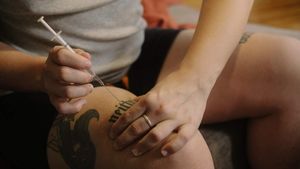












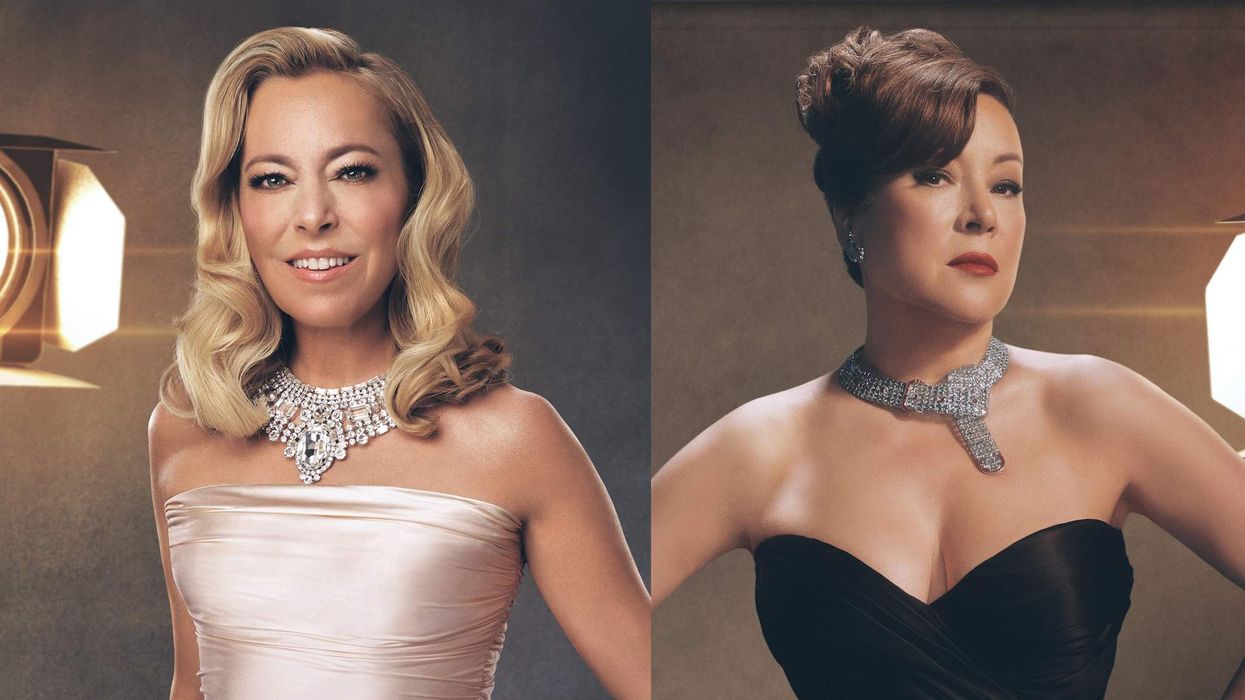
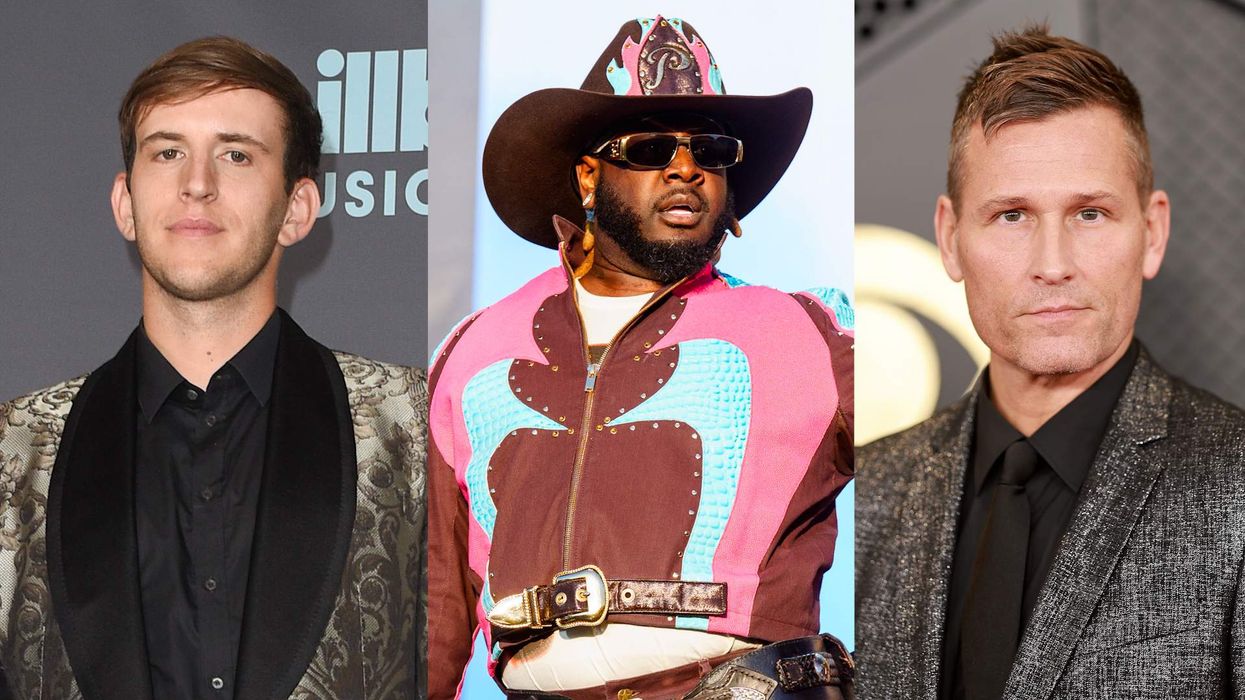


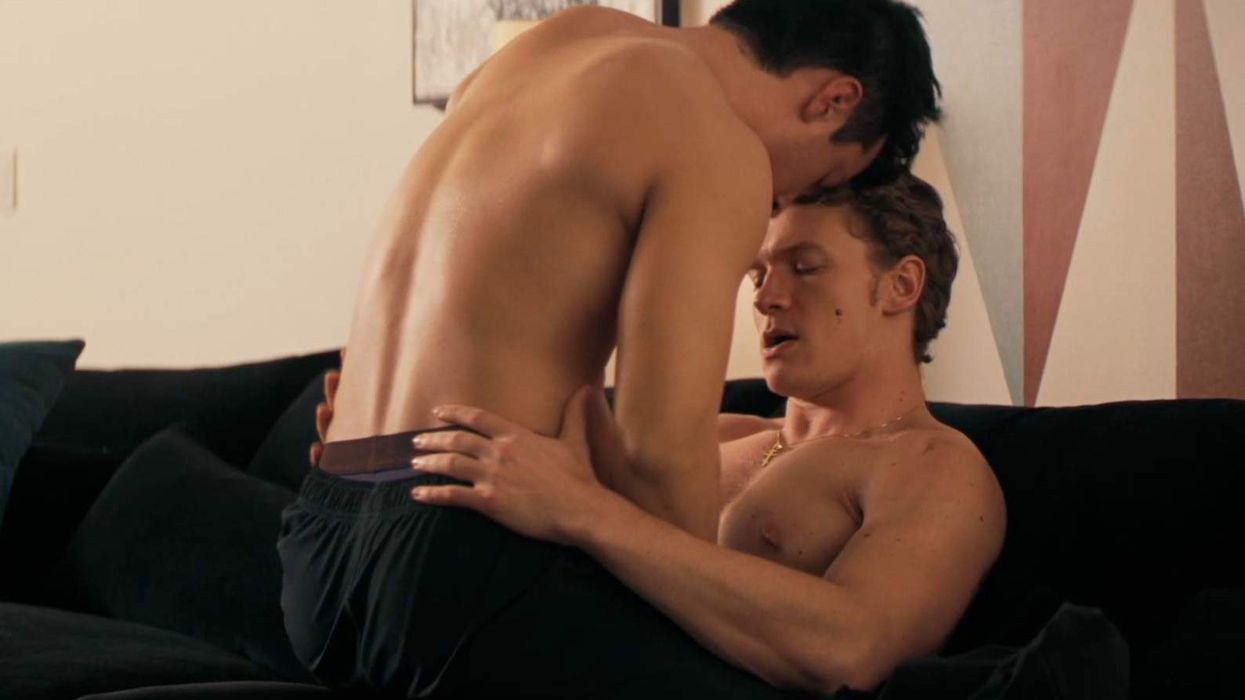









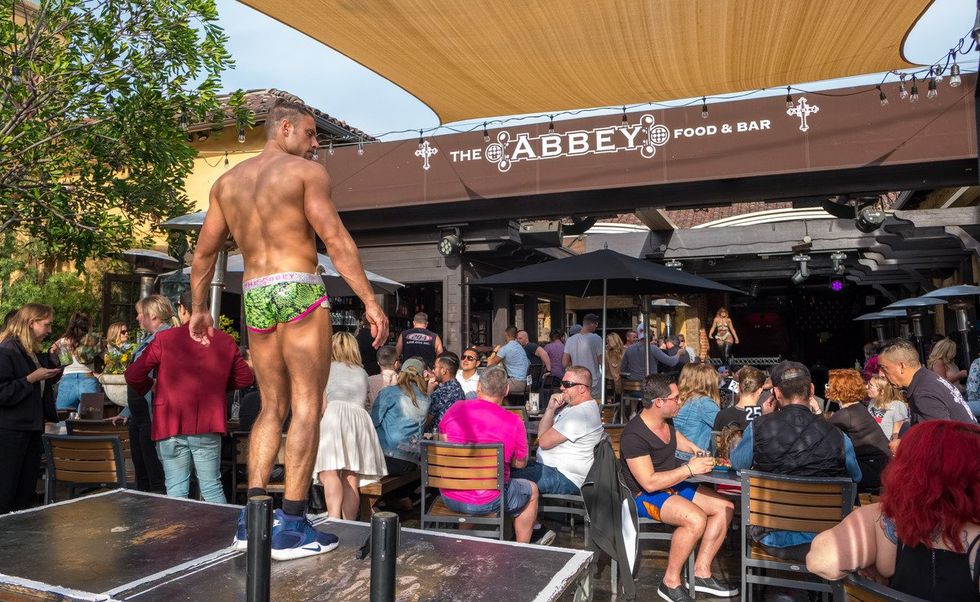
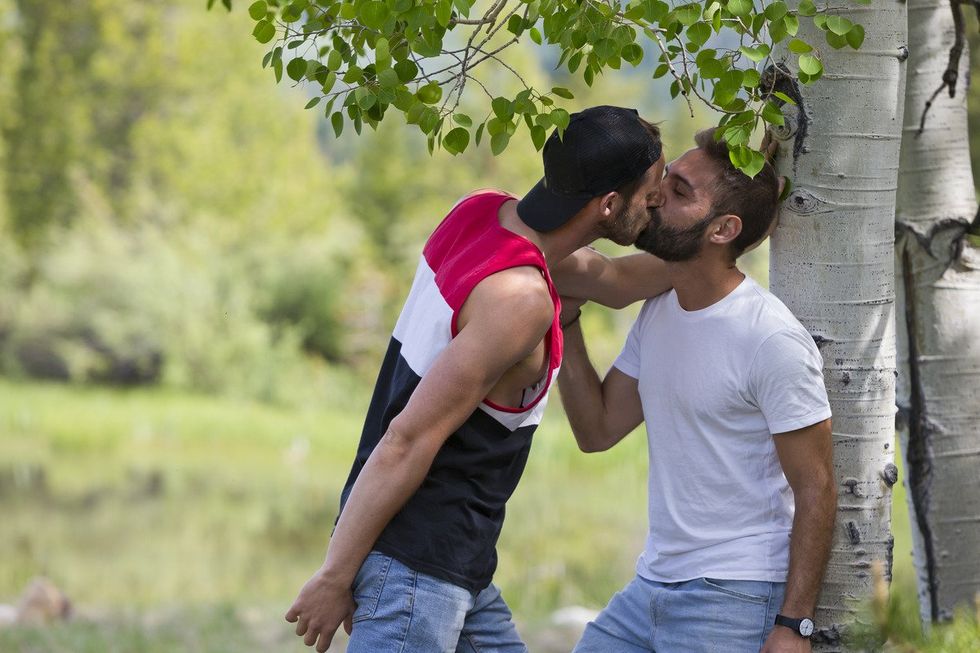




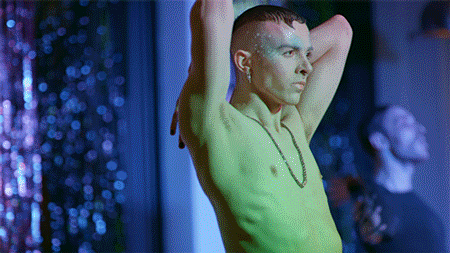 Strike A Pose Mic Drop GIF by FILMRISE - Find & Share on GIPHY
Strike A Pose Mic Drop GIF by FILMRISE - Find & Share on GIPHY Schitts Creek No GIF by CBC - Find & Share on GIPHY
Schitts Creek No GIF by CBC - Find & Share on GIPHY






